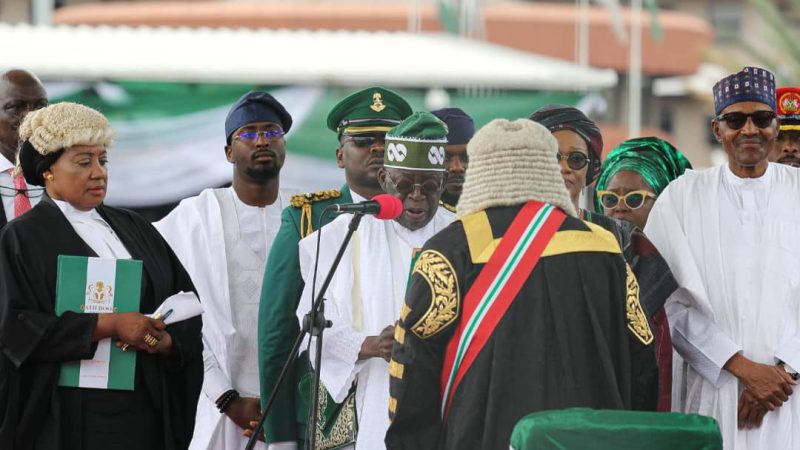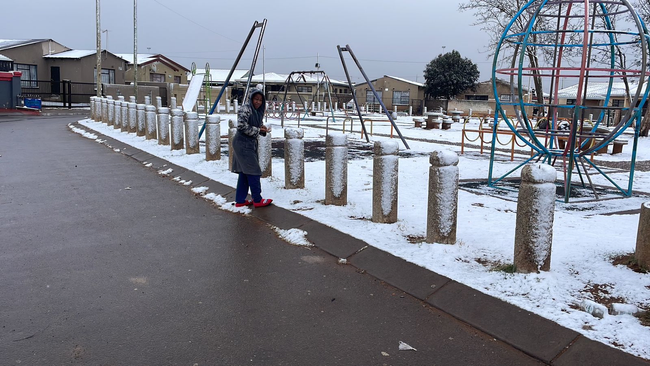Mozambique vs Nigeria: Unraveling the Dynamics of Two African Giants

Africa, a continent teeming with diversity, is home to nations that vary widely in culture, history, and economic development. Mozambique and Nigeria, two prominent African nations, stand out as dynamic players in the region. In this article, we will delve into the unique characteristics of Mozambique and Nigeria, exploring their histories, cultures, economies, and current challenges.
Table of Contents
ToggleHistorical Perspectives:
Mozambique, located in southeastern Africa, has a rich history shaped by its indigenous peoples, Arab traders, and European colonizers. The country gained independence from Portuguese rule in 1975 after a protracted struggle. Post-independence, Mozambique faced internal conflicts, including a civil war that lasted until 1992. The scars of the past have influenced the nation’s development and political landscape.
Nigeria, on the other hand, has a diverse historical tapestry with a multitude of ethnic groups and cultural influences. It gained independence from British colonial rule in 1960, and since then, Nigeria has faced challenges such as military coups, civil wars, and periods of political instability. However, it remains a powerhouse on the African continent due to its vast resources and population.
Cultural Mosaic:
Mozambique boasts a cultural mosaic influenced by indigenous traditions, Portuguese colonial heritage, and Arab and Swahili influences. The nation is known for its vibrant music and dance, with traditional styles blending seamlessly with contemporary genres. The Makonde people, renowned for their wood carving skills, contribute significantly to Mozambique’s artistic heritage.
Nigeria, with its vast ethnic diversity, is a melting pot of cultures and traditions. From the Yoruba in the west to the Igbo in the east and the Hausa-Fulani in the north, Nigeria’s cultural landscape is rich and varied. Nigerian literature, music, and Nollywood films have gained international acclaim, showcasing the country’s artistic prowess.
Economic Landscapes:
Mozambique, endowed with natural resources such as coal, natural gas, and minerals, has experienced economic growth in recent years. The discovery of large natural gas reserves off its coast has attracted foreign investment, promising economic development. However, challenges such as corruption and infrastructure deficits pose obstacles to Mozambique’s economic progress.
Nigeria, often referred to as the “Giant of Africa,” possesses vast oil reserves, making it one of the continent’s leading oil producers. The oil industry has been a double-edged sword, contributing significantly to the economy while also exposing Nigeria to the volatility of global oil prices. Diversification efforts are underway to reduce the country’s dependence on oil and promote sustainable economic growth.
Current Challenges:
Mozambique faces contemporary challenges such as political instability, insurgency in the northern province of Cabo Delgado, and the impact of climate change, including cyclones and flooding. The government grapples with finding a balance between economic development and addressing the needs of its population, particularly in the face of these challenges.
Nigeria, while being an economic powerhouse, contends with issues such as corruption, inadequate infrastructure, and a high level of poverty. Security concerns, including the Boko Haram insurgency in the northeast and conflicts between farmers and herders, add complexity to the nation’s socio-political landscape.
Diplomatic Relations and Regional Influence:
Both Mozambique and Nigeria actively engage in diplomatic relations with other African nations and the international community. Mozambique’s role in the Southern African Development Community (SADC) and Nigeria’s participation in the Economic Community of West African States (ECOWAS) underscore their commitment to regional cooperation and stability.
Conclusion:
In the grand tapestry of Africa, Mozambique and Nigeria emerge as distinct threads, each weaving its narrative of history, culture, and economic aspirations. While Mozambique navigates through the aftermath of a tumultuous past and faces contemporary challenges, Nigeria grapples with the complexities of being an economic giant with a diverse and dynamic population. As these two African giants continue their journeys, their stories contribute to the ever-evolving narrative of a continent striving for progress, unity, and sustainable development.
Q1: What are the key historical events that shaped Mozambique and Nigeria?
A1: Mozambique gained independence from Portuguese rule in 1975 after a prolonged struggle, facing internal conflicts, including a civil war that lasted until 1992. Nigeria gained independence from British colonial rule in 1960, experiencing challenges such as military coups, civil wars, and periods of political instability.
Q2: How diverse are the cultures in Mozambique and Nigeria?
A2: Mozambique boasts a cultural mosaic influenced by indigenous traditions, Portuguese colonial heritage, and Arab and Swahili influences. Nigeria, with its vast ethnic diversity, is a melting pot of cultures and traditions, ranging from the Yoruba in the west to the Igbo in the east and the Hausa-Fulani in the north.
Q3: What are the economic landscapes of Mozambique and Nigeria?
A3: Mozambique is rich in natural resources like coal, natural gas, and minerals, experiencing economic growth with the discovery of large natural gas reserves. Nigeria, known as the “Giant of Africa,” relies heavily on oil production but is actively working on diversification efforts to reduce dependence on oil and promote sustainable economic growth.
Q4: What contemporary challenges do Mozambique and Nigeria face?
A4: Mozambique faces challenges such as political instability, insurgency in Cabo Delgado, and the impact of climate change, including cyclones and flooding. Nigeria contends with issues like corruption, inadequate infrastructure, security concerns such as the Boko Haram insurgency, and conflicts between farmers and herders.
Q5: How do Mozambique and Nigeria engage in regional diplomacy?
A5: Mozambique plays an active role in the Southern African Development Community (SADC), contributing to regional cooperation and stability. Nigeria participates in the Economic Community of West African States (ECOWAS), emphasizing its commitment to regional collaboration in West Africa.
Q6: What are the efforts to address economic diversification in Mozambique and Nigeria?
A6: Mozambique is attracting foreign investment with the discovery of natural gas reserves but faces challenges like corruption and infrastructure deficits. Nigeria is working on diversification efforts to reduce its reliance on oil and promote sustainable economic growth, acknowledging the need for a more diversified economy.
Q7: How do Mozambique and Nigeria contribute to African arts and culture?
A7: Mozambique’s cultural heritage is rich, with vibrant music, dance, and renowned wood carving skills, particularly from the Makonde people. Nigeria, with its diverse ethnic groups, has made significant contributions to African literature, music, and the film industry, notably through Nollywood.
Q8: What is the current political landscape in Mozambique and Nigeria?
A8: Mozambique is navigating political instability, with challenges stemming from its past and ongoing conflicts. Nigeria grapples with political complexities, corruption issues, and efforts to address the diverse needs of its large population.
These frequently asked questions provide a snapshot of the historical, cultural, economic, and political dimensions of Mozambique and Nigeria, offering insights into the dynamics of these two African nations.






